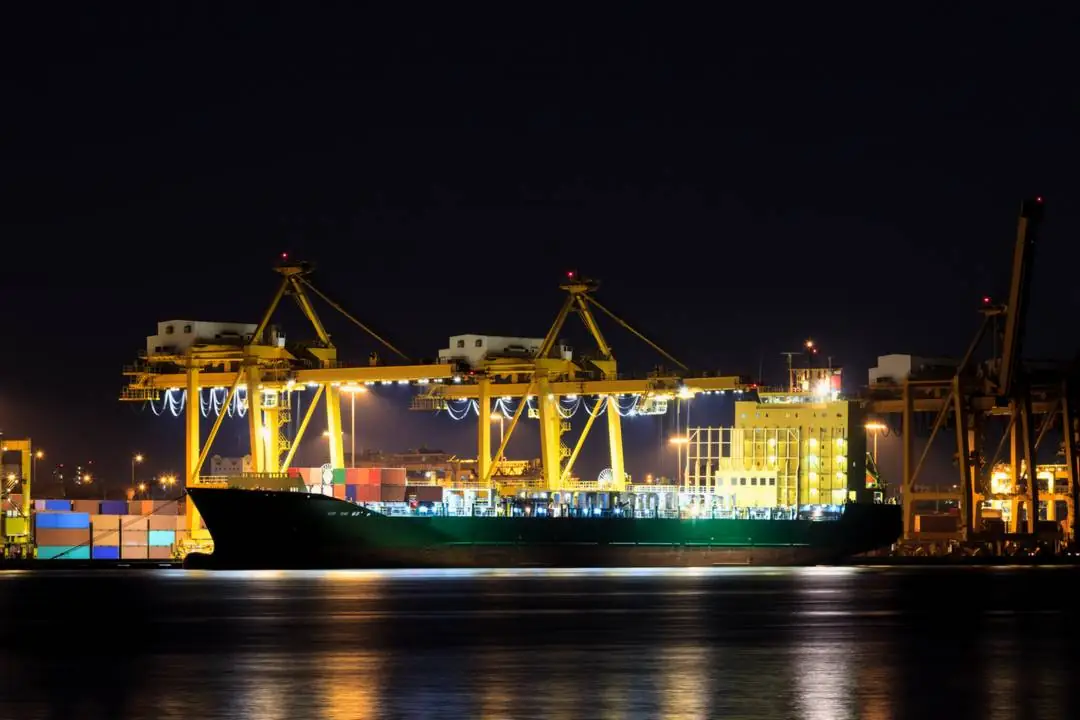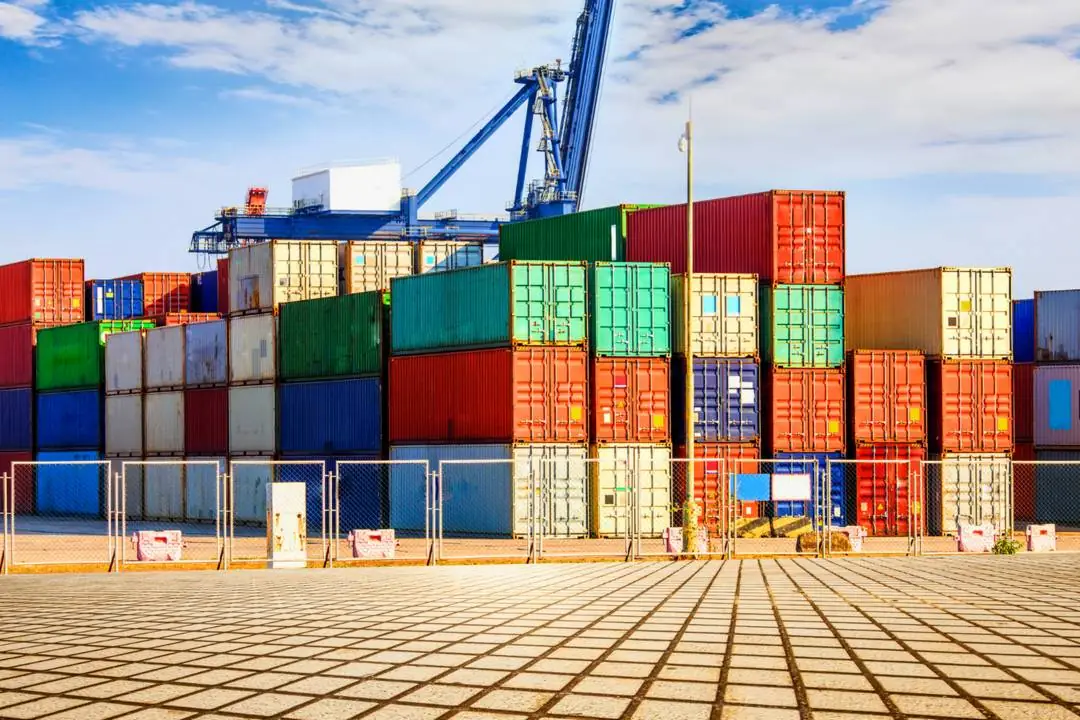Tax reform and taxation in foreign trade: understand the impacts on VAT, imports, exports and compliance for Brazilian companies. Between [...]
Among the most complex issues in the Brazilian economy, few generate as much impact as the collection of taxes related to foreign trade. Now, with the tax reform underwayThe new guidelines are emerging that promise to redraw the foundations of the sector and put a dent in the pockets of those who import and export.
In this article, we've put together the main changes relating to VAT, non-taxation on exports, the use of presumed credits and tax and exchange compliance requirements. We have prepared enlightening and objective content for those who want to understand what really changes in practice. Follow us!
How does the tax reform affect imports?
Taxation in foreign trade has undergone significant adjustments with the approval of the tax reform. One of the main points of attention is the way imports will be treated with the implementation of the Value Added Tax (VAT), which unifies taxes such as ICMS, IPI, PIS and Cofins.
Under the new system, the tax will be levied on customs clearance, maintaining the requirement for immediate payment when the goods enter the country.
The difference is that VAT now allows the full financial credit of the operation, including for capital goods, which improves predictability and reduces the cumulative effect that hindered the competitiveness of Brazilian companies.
Another highlight is that there will no longer be a distortion between companies that import directly and those that buy from local importers.
They will all pay the same tax, promoting fairer competition. In addition, the new system promises to be simpler, in order to reduce bureaucracy and speed up the logistics flow.
Impact on operating costs
The VAT system also has a direct impact on the logistical and operational costs associated with imports. With the unification and digitalization of taxes, document checking and validation processes should become more agile, reducing the time it takes to clear cargo at ports and airports.
This operational gain helps to reduce the indirect costs of operations, such as storage, demurrage and additional handling.
For companies that work with tight margins, such as in the consumer goods and electronics sector, this efficiency can represent considerable savings.
Adapting to the new credit logic
The previous model created uncertainty about the use of credits, especially when there were questions about the type of goods or the destination of the input.
With VAT, the concept of full financial credit eliminates these barriers. This means that importers can plan their pricing and commercial strategies with greater certainty, based on predictable and uniform taxation.
However, this new scenario requires companies to reorganize their accounting and tax systems. Management systems will need to be updated to keep up with the new VAT logic, and the tax team will need to be trained to operate within the new model, reducing the risk of errors and future assessments.
What changes have occurred in exports with the new tax system?
In the case of exports, the reform maintains the principle of VAT is not levied on sales abroad.
However, there is an important difference: the return of the accumulated credits becomes more transparent and with defined deadlinesThis corrects one of the great pains of exporting companies.
In practice, this means that those who export goods or services will be entitled to quick reimbursement of the credits generated in the previous stages of the chain, which improves cash flow and stimulates international competitiveness.
This change is vital for sectors that operate on tight margins or depend on importing inputs.
Another important aspect is the harmonization of the rules between the states and the union, eliminating the "fiscal war" and conflicts of jurisdiction over who taxes what. This gives exporters more legal certainty and reduces unnecessary litigation.

Foreign Trade
Content with free materials!
What changes in the application of presumed credits in international operations?
With the introduction of dual VAT (one federal and one state/municipal), the use of presumed credits should be re-evaluated. Historically, many sectors used this mechanism as a way of compensating for distortions in the Brazilian tax system.
Now, it is expected that there will be a transition that reduces this type of incentive, favoring real and transparent financial credit.
In exports, for example, the use of presumed credits as a way of offsetting taxes paid in previous stages is tending to be replaced by direct reimbursement of credits. The new system, which is cleaner and more traceable, aims to reduce the scope for distortions and fraud.
For the importer, this means that the real tax cost will become clearer, allowing for more precise tax planning. Sectors that previously depended on special regimes or negotiations with states to enable the use of presumed credits will need to adapt to the new logic.
How does the new taxation impact foreign exchange compliance in companies?
O foreign exchange complianceIn other words, the adaptation of companies to the rules governing international exchange operations and financial transfers will also be affected by the tax changes.
With the reform, documentation requirements and tax returns will be more standardized, which could reduce the risk of non-compliance.
As VAT allows electronic cross-checking of data between the stages of the production chain, there will be more pressure for transparency in foreign trade operations.
This means that declarations from importers, exporters and intermediaries will have to be more aligned, under penalty of fines and credit blocks.
In addition, the digitalization of tax obligations can facilitate cross-checking with data from the Central Bank, the Federal Revenue Service and the foreign trade system (Siscomex).
Companies that already adopt good compliance practices tend to gain from reducing risks and improving their reputation with partners and regulatory bodies.
Has the reform brought changes to indirect taxation of foreign trade?
Yes, and with significant effects. The main change in indirect taxation is the replacement of various cumulative or cascading taxes with a pure financial credit model.
This means that, regardless of the goods or services purchased, the amount of tax paid generates full credit, without restrictions or limitations by type of input or sector.
This change is particularly relevant in foreign trade, where imported inputs were often double-taxed or faced difficulties in generating credits. The new logic eliminates this obstacle and improves the calculation of production costs for export.
To help you better understand the changes, we've put together the main ones. Check them out!
End of the cascade effect
By unifying taxes and adopting a comprehensive financial credit system, the reform eliminates the cumulative nature typical of the previous model. This reduces the effective cost of the production chain and avoids distortions in the final prices of exported products.
More accessible credits
Before the reform, the use of credits was limited by the type of input or conflicting state legislation. Now, any VAT paid in previous transactions can be offset, making the system more efficient and predictable.
Simplification of accessory obligations
The new structure also reduces bureaucratic complexity, with leaner and more integrated tax declarations. This facilitates the work of those operating in foreign trade and reduces compliance and auditing costs.
Transparency and integrated monitoring
With the provision for a national management committee, control mechanisms will be more effective and less subject to divergent interpretations between states. This increases legal certainty for those working in the sector.
When is VAT not levied on international transactions and why?
The rule that VAT is not levied on exports has been maintained in order to preserve the competitiveness of the national product on the international market. This is common practice in value-added tax systems, as it ensures that the tax is not "exported" along with the goods or services.
In practice, this means that the exporting company doesn't pay VAT on export revenue and is still entitled to reimbursement of the credits accumulated in the production chain. This avoids cumulativeness and reduces the final cost of products, making them more competitive on the foreign market.
Non-taxation also applies in some specific situations, such as temporary shipments, drawback operations and free zones, respecting rules defined by complementary legislation. The aim of these cases is to encourage productive activities aimed at the international market.
However, in order to take advantage of this tax exemption, the company needs to comply with its ancillary obligations and keep the appropriate documentation. This underlines the importance of integrated and up-to-date tax management.

Spreadsheet
Invoice template
Watch the video "Accounting for foreign trade companies?" and take a practical look at how your company can prepare for the new tax reform requirements.
How can CLM Controller help your company?
With the arrival of VAT and the reformulation of the taxation in foreign tradeThe fact is, having expert advice makes all the difference. CLM Controller offers complete support so that your company can adapt quickly to the new requirements:
- detailed analysis of the impacts of the reform on your business model;
- fiscal restructuring aimed at the new logic of financial credit;
- updating accounting systems for the new tax system;
- support for import and export compliance;
- guidance on reimbursement of credits and ancillary obligations.
With practical expertise and a strategic focus, CLM helps transform obligations into opportunities for efficiency and competitive gain.
If you want to keep your company up to date and prepared for the changes in new foreign trade taxation, keep up with legal updates and invest in specialized advice. The transition may require effort, but the gains in competitiveness and fiscal security are worth it.
Understand how accounting specialized in foreign trade can optimize your processes and ensure compliance with the tax reform - talk to CLM Controller and strengthen your international operation safely and efficiently!

Upgrade your finances:
Talk to us!













